Dhaka, Aug 31 (V7N): Experts warn that despite the interim government's strong resolve to reclaim funds laundered out of Bangladesh, the task is expected to be daunting and intricate.
The Chief Adviser's office recently issued a statement underscoring the government and Bangladesh Bank’s significant efforts to overhaul the country's banking sector and recover assets embezzled both domestically and internationally. The statement noted that these laundered funds are a central focus in a broader initiative to align the financial sector with global standards.
The statement disclosed that various businessmen and influential figures have illicitly removed substantial amounts from the banking sector, laundering these funds through fraudulent schemes. "Preliminary estimates indicate that the total embezzled amount may exceed Tk1 lakh crore, though the exact figure is still being ascertained," it said.
Interim government Chief Adviser Professor Muhammad Yunus has recently sought assistance from envoys in the UK and Switzerland to aid in the recovery of these laundered funds.
However, Dr. Debapriya Bhattacharya, head of the White Paper Committee on the state of the country's economy, acknowledged the immense complexity of the task during a recent press briefing. "Tracking these funds is far from straightforward," he said. Dr. Bhattacharya explained that if the funds are located, legal proceedings must be initiated in the host country, followed by obtaining a decree which must then be presented in the destination country. Only after securing a decree from the destination country can the assets purchased with laundered money be frozen and liquidated to repatriate the funds.
He emphasized the necessity of robust and admissible documentation to support these legal efforts, highlighting that identifying assets acquired with laundered money presents a significant challenge. Dr. Bhattacharya also noted that Bangladesh currently lacks the necessary treaties with many countries to facilitate fund recovery and does not possess an adequate number of skilled lawyers and financial analysts to handle such cases effectively.
Another economist, speaking on condition of anonymity, emphasized that the Attorney General's office must establish the case of money laundering before requesting assistance from the country where the funds were smuggled. "This issue is not political and should be approached with objectivity," he remarked. "Serious preparation is required; otherwise, it risks being dismissed as mere political rhetoric." He outlined three critical aspects that must be addressed: previous experiences, the capacity of the Attorney General's office, and the involvement of foreign missions in international legal processes.
Supreme Court Advocate Barrister ARM Ahsanul Haq Khan concurred, stating that recovering laundered money would be a formidable challenge for the government due to the numerous complexities involved. He stressed the need for strong political will, coordinated efforts among the Bangladesh Bank, NBR, ACC, and the Attorney General's office, and collaboration with the Home, Finance, and Foreign ministries. Additionally, securing agreements with the involved countries will be essential. "While the government's initiative is commendable, the task remains exceptionally challenging for the interim government."
To date, the Anti-Corruption Commission reports that Bangladesh has successfully recovered approximately 20.41 lakh Singapore dollars (around Tk 13 crore) in 2012, which had been laundered by Arafat Rahman Koko, the younger son of BNP Chairperson Khaleda Zia.
END/MSS/








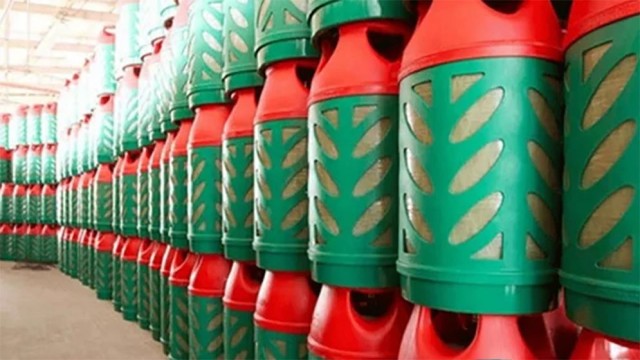

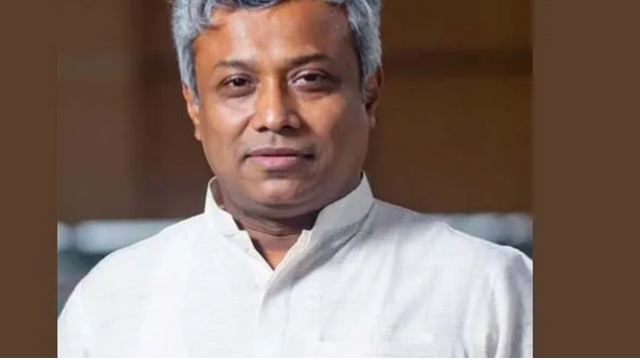
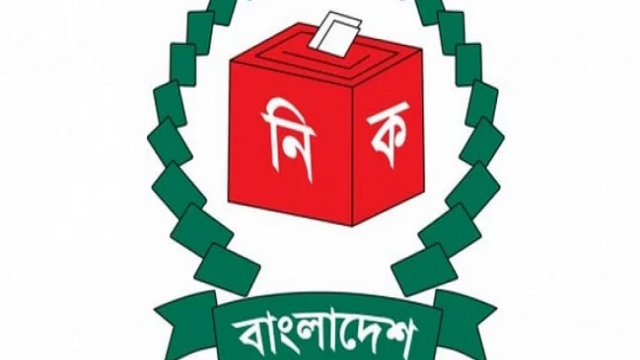
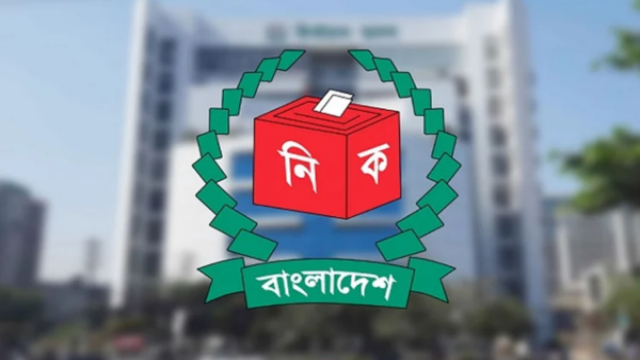
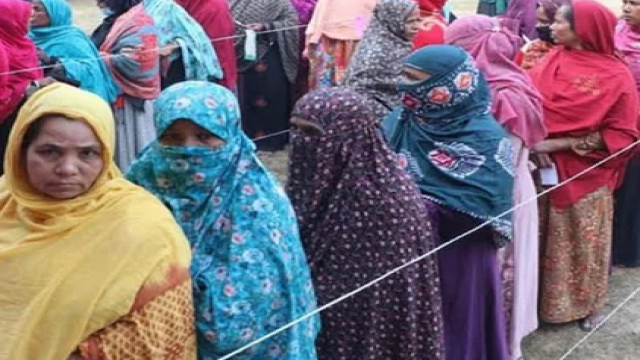
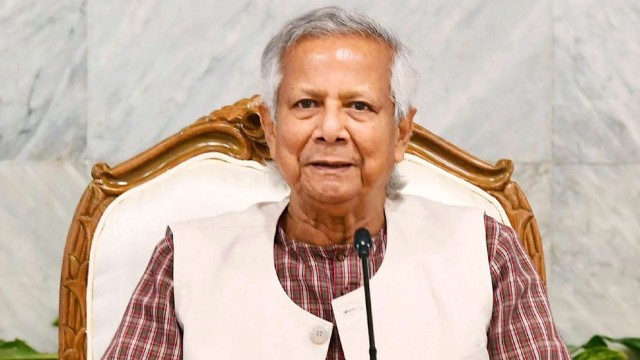
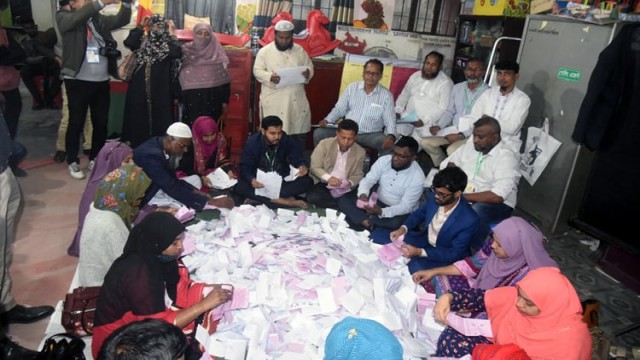
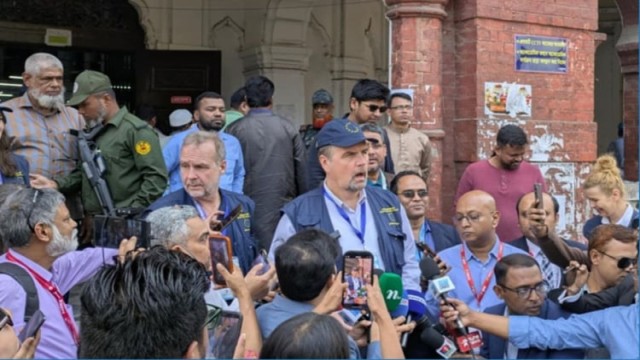
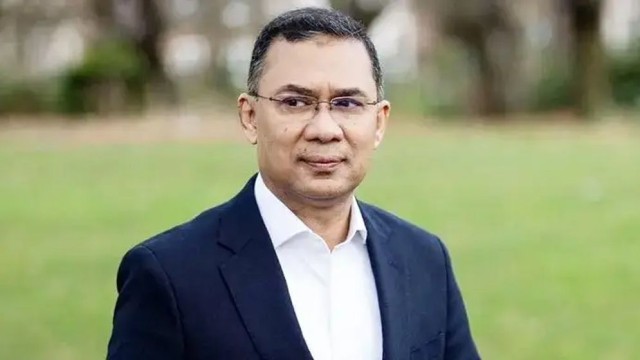
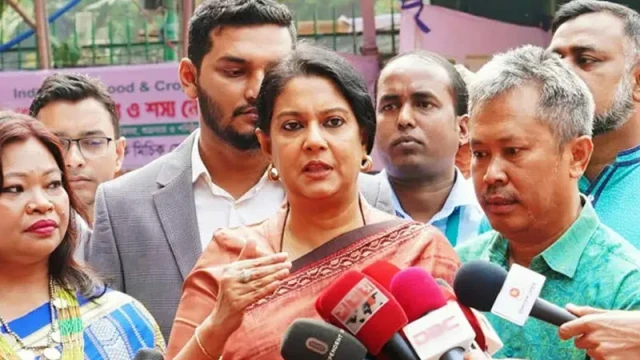
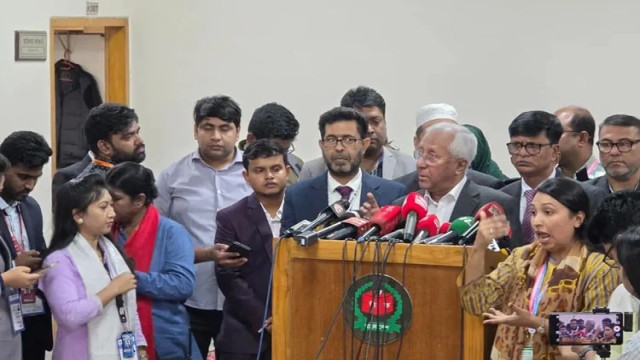











Comment: